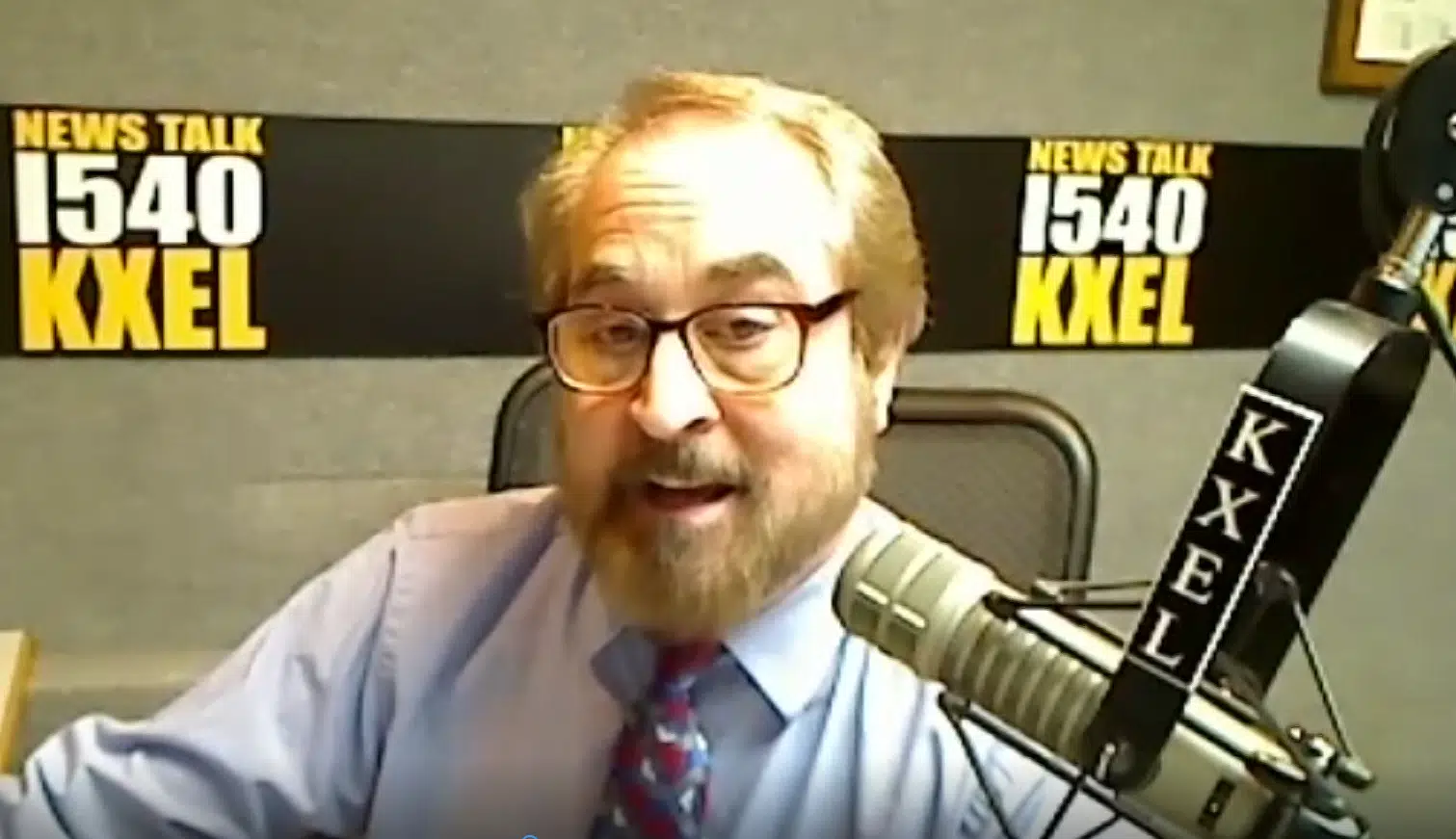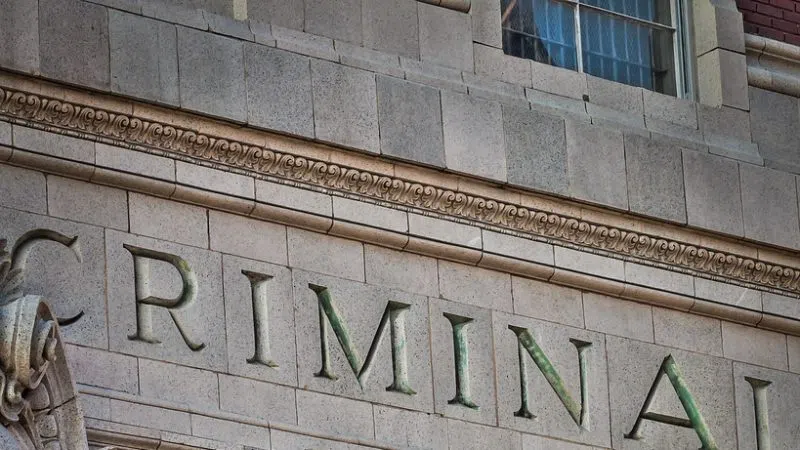Debate Over Debates
The first set of presidential debates in the television era came in 1960, between Richard Nixon and John Kennedy. The medium was still new, but research found that those who listened on the radio favored Nixon, while those who saw the exchanges on TV were sold on Kennedy.
Debates returned in the 1976 cycle when Jimmy Carter suggested the idea in his contest against Gerald Ford. They’ve been a part of the landscape ever since…but perhaps not in 2024.
The Republican National Committee raised concerns about fairness on a variety of fronts, and nearly a year ago told the Commission on Presidential Debates that unless its concerns were discussed, the RNC would simply pull its candidate from the next cycle of events. Yesterday, the RNC voted unanimously to do just that.
RNC chair Ronna McDaniel said the commission is, in her words, “biased and has refused to enact simple and commonsense reforms to help ensure fair debates, including hosting debates before voting begins and selecting moderators who have never worked for candidates on the debate stage”.
The Carter-Ford debates, and the two cycles after that, were hosted by the League of Women Voters. In 1987, the Commission on Presidential Debates was formed as a stand-alone non-profit entity. But as you’ll recall, in the 2020 cycle, there were concerns that one of the moderators had worked for Joe Biden, that formats and dates were chosen without consulting the candidates, and so on.
Does this mean the end of debates? Not at all. I’m guessing nothing will happen right now, especially since no one knows who the 2024 candidates will be. Those individuals may have something to say about all this. It might also mean the Commission will undertake steps to remedy problems, although their temperament to date would not suggest that. And it means a new group might form, or the two campaigns themselves will bond on the manner of debates.
As I’ve said before, other than serving as a way for a candidate to stumble, I don’t think these as currently configured benefit voters in terms of helping them make a choice. Maybe it takes a bold step…like walking away…for that to change.













